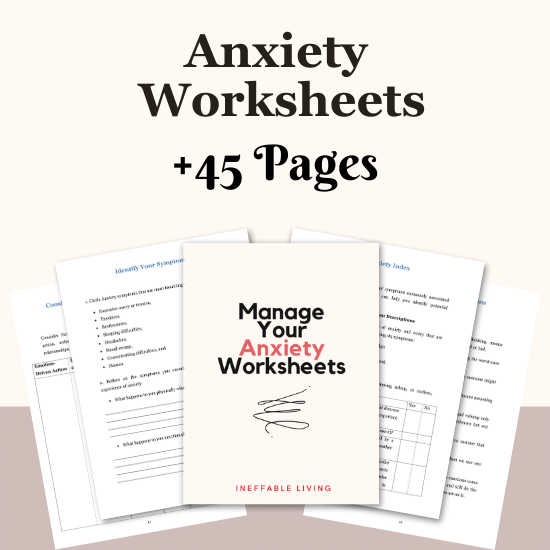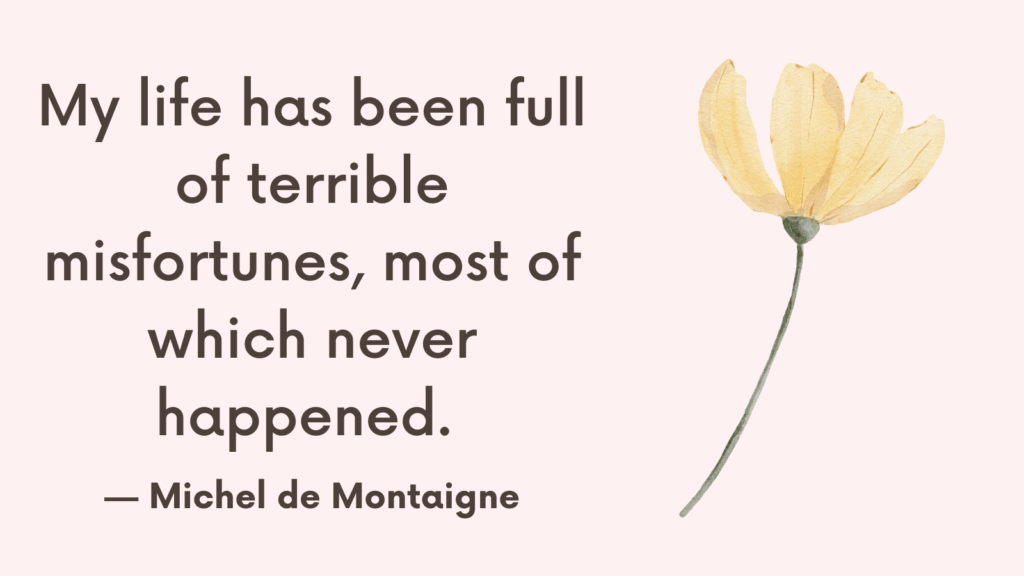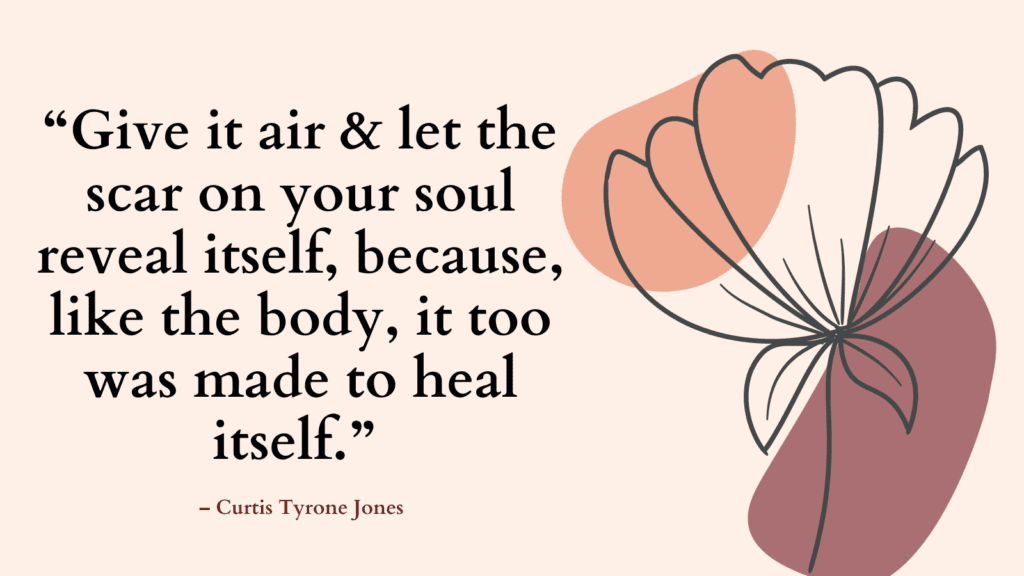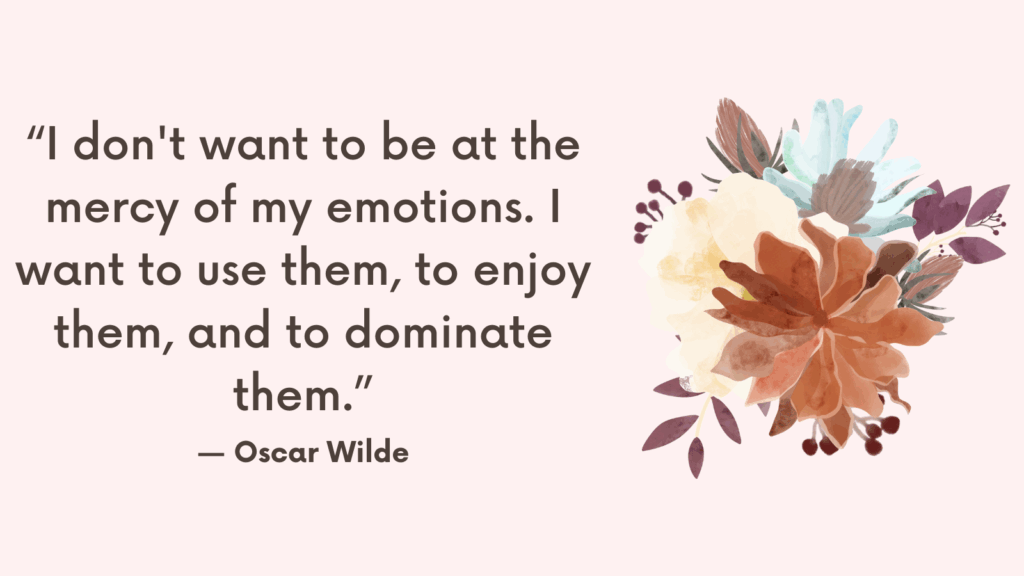In a 24/7 news cycle filled with crisis, tragedy, and endless updates, it’s easy to feel emotionally overloaded. Staying informed is important—but not at the cost of your mental health. Media overwhelm is real, and it affects your nervous system, focus, and sense of hope. Here’s how to manage your intake without disconnecting from the world completely.
What Is Media Overwhelm and Why It’s on the Rise
Media overwhelm, also known as information overload or digital burnout, refers to the mental and emotional strain caused by excessive exposure to digital content. This phenomenon has become increasingly prevalent in our hyperconnected world, where the constant influx of information can lead to cognitive fatigue, stress, and anxiety.
Several factors contribute to the growing issue of media overwhelm:
- 24/7 News Cycle: Continuous news updates, often sensationalized, keep individuals in a heightened state of alertness, leading to increased stress levels.
- Social Media Saturation: Platforms are designed to maximize user engagement, resulting in endless scrolling and exposure to curated content that can distort reality and self-perception.
- Remote Work and Digital Communication: The shift to remote work has increased reliance on digital communication tools, blurring the lines between work and personal life and contributing to screen fatigue.
- Algorithm-Driven Content: Personalized algorithms can create echo chambers, reinforcing existing beliefs and limiting exposure to diverse perspectives, which can exacerbate feelings of overwhelm.
Signs You’re Consuming More News Than Your Nervous System Can Handle
1. You Feel Anxious Before or After Checking the News
If your heart races, your chest tightens, or you feel a wave of dread just before or after reading headlines, your nervous system is likely stuck in a state of hyper-alertness. This is a sign that your stress response is being activated too often by what you’re consuming.
2. You’re Having Trouble Sleeping
Constant exposure to distressing content — especially before bed — can interfere with your ability to relax and wind down. You might lie awake replaying news stories, worrying about the future, or feeling emotionally flooded. Poor sleep is one of the first signs of news-related overstimulation.
3. You’re Becoming Emotionally Numb
If you notice yourself feeling detached, indifferent, or emotionally flat in response to serious events, it may be your brain’s way of protecting you from overload. This shutdown mode is a survival mechanism — a sign that your system has reached its capacity for distress.
4. You Check for Updates Compulsively
If you find yourself checking the news multiple times an hour, refreshing apps without thinking, or feeling restless when you’re not “in the know,” it’s a sign that your brain is chasing certainty in an uncertain world. This behavior often increases anxiety instead of relieving it.
5. You Feel Hopeless or Overwhelmed
When every headline feels like another reason to worry or give up, and you’re struggling to see positive developments or solutions, it may be time to step back. Overexposure to negative content can distort your perspective and lead to emotional exhaustion.
When the News is Too Much: How to Cope with Media Overwhelm?
1. Notice the Signs of Overwhelm
Difficulty sleeping, racing thoughts, hopelessness, or emotional numbness after scrolling the news are signs your system is overloaded.
2. Set a Daily News Window
Choose a specific time to check the news—like once in the morning or early afternoon—and stick to it. Avoid consuming news right before bed.
Related: Top 3 Ways to Activate the Parasympathetic Response & Calm Anxiety?
3. Use Intentional Sources, Not Endless Feeds
Pick a few reliable news outlets or newsletters. Avoid doom-scrolling on social media where sensationalism and misinformation increase anxiety.
4. Set Boundaries with Push Notifications
Turn off breaking news alerts unless they’re absolutely necessary. Let yourself decide when to engage instead of reacting constantly to headlines.
Related: How to Manage Anxiety at Night?
5. Take Digital Detox Breaks
Log out, put your phone in another room, or set a “no news” day once a week. Your brain needs time to recover from constant information.
6. Focus on What You Can Control
Ask, “What’s one thing I can do in response to this?” Whether it’s donating, voting, helping locally, or simply staying informed—doing something helps ease helplessness.
7. Limit Repetition
Reading the same story over and over increases stress. One update is usually enough. Don’t confuse constant checking with staying informed.
Related: Top 10 Practical CBT Exercises For Generalized Anxiety Disorder Relief
8. Be Mindful of Visual Exposure
Images and videos often have a deeper emotional impact than text. If they’re causing distress, choose written summaries instead.
9. Ground Yourself After News Consumption
Do something physical or calming immediately after: walk, stretch, journal, or talk to someone you trust. This helps your body release tension.
Related: How to Relieve Anxious Sensations In Your Body?
10. Balance News with Uplifting Content
Seek out stories of hope, resilience, and recovery. Balance the narrative to remind yourself that good things are still happening too.
11. Avoid Comparing Your Reaction
If others seem unaffected while you feel overwhelmed, don’t judge yourself. Sensitivity is not weakness. Honor how the news affects you personally.
12. Use the “Enough” Rule
When you find yourself reading the same update for the third time or spiraling emotionally, pause and say, “That’s enough for now.”
13. Talk It Out—Don’t Hold It In
Process difficult headlines with a friend, therapist, or support group. Sharing helps metabolize the emotional impact.
14. Get Back into Your Body
Media overload keeps you in your head. Return to your senses—touch, taste, sound, movement—to re-anchor in the present moment.
Related: What Is Second-Hand Anxiety? (And How to Protect Yourself from It)
15. Remember: Being Informed Doesn’t Require Suffering Constantly
You can care deeply and still protect your peace. Boundaries with media are not denial—they’re necessary for sustainable awareness.

Conclusion
You don’t have to carry the weight of the world alone. Staying informed with intention—and compassion for your limits—is one of the most powerful forms of resilience.



